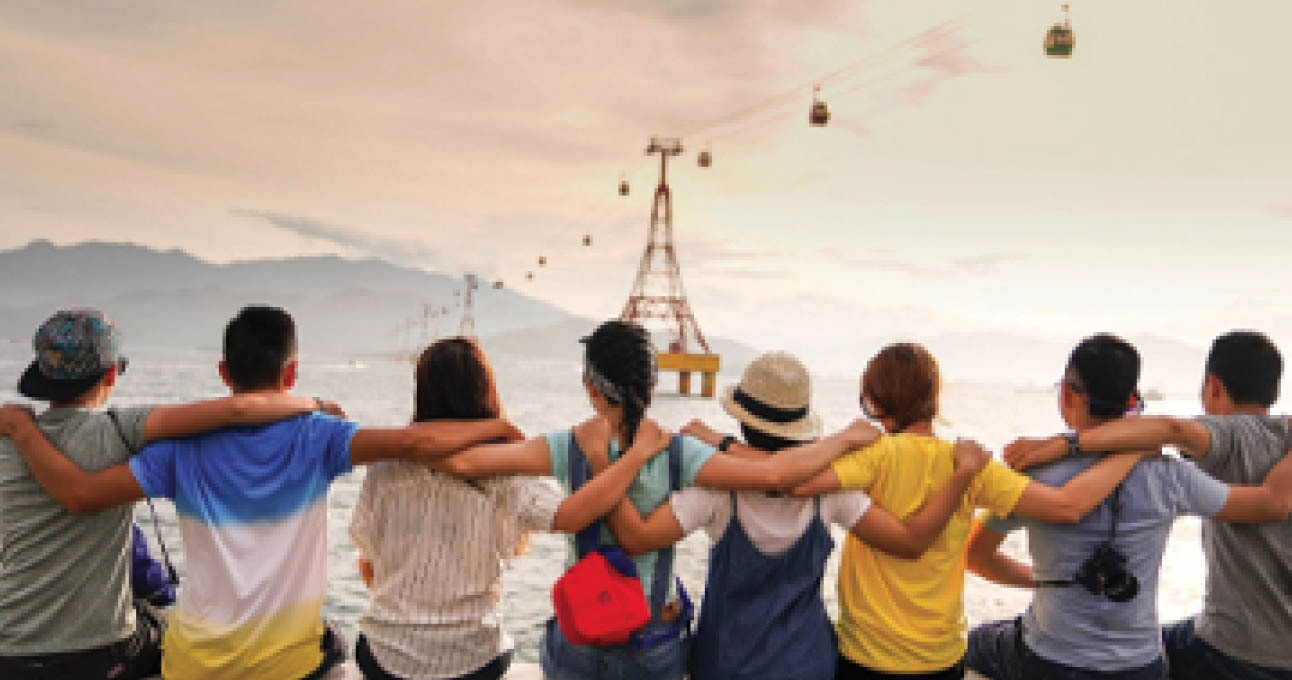At one point, travel was essentially impossible, or at least very difficult, for people with autism and their families. Now, thanks to societal progress and organizations like Autism Travel and Autism Double-Checked, businesses are working toward being “autism-friendly,” at minimum. Hotels, airlines, attractions and operators all have things to keep in mind if they want to be truly accessible.
Autism Travel is a resource for individuals and families looking for autism-certifified options and travel tips and information. The organization offers an up-to-date directory of organizations who have undergone training and certification through IBCCES, the International Board of Credentialing and Continuing Education Standards.
Here are a few top considerations for travelers with autism, including some input from Autism Travel.
Everyone is different. The first thing to know is that while there are commonalities among people with autism, it’s called a “spectrum” for a reason, and your traveler may be anywhere on it. From crowds to long lines, noise, temperature, light, smells and surprise elements, all of these triggers will vary by individual.
Look for certifications. You don’t need to reinvent the wheel. Take advantage of certifications like those from Autism Travel and Autism Double-Checked to work with organizations that have already put in effort. For instance, Mesa, Arizona is a Certified Autism City, which ensures that all areas of a city—including healthcare, education, local government, hospitality, leisure, manufacturing and corporate members—are trained and certified to deliver their product or service to guests or staff with autism and other cognitive disorders. That’s big!
Discover resources. Many organizations have special considerations and resources they don’t loudly advertise. For instance, TSA has a passenger support specialist program available for anyone with disabilities, medical conditions or other special circumstances. They also have a disability notification card that helps TSA agents know what to expect so they can better serve individuals with autism, cognitive disorders or other challenges. This will help the TSA agent adjust their expectations, so your family isn’t treated differently for having someone who is on the autism spectrum.
Small crowds and short lines. This is the ideal situation for any traveler, but may be necessary for travelers with autism. Groups should aim to visit at the slow season, starting with time of year and also aiming for the slowest days and times of day. If the attraction won’t give up that info, try asking for their lowest prices, which should align with their slow season. For attractions and destinations: Put together a sensory guide. Hotels and airlines especially can benefit greatly from a thorough guide for travelers with autism, breaking down the parts of the experience that may affect certain triggers and how the guest can avoid those issues. List ways to book ahead to avoid wait time, give information on weather and indoor temperature, lay out your safety measures, and so on. Much like having a vegan or gluten-free menu available,
this will hopefully become common practice over time.
Familiarize the traveler before the trip. Unexpected situations are often difficult on those with autism, but you can use video clips, travel blogs and other resources to help familiarize the traveler with the destination ahead of time! Doing a deeper dive like this will also help you be sure the destination is autism-friendly, if not officially certified.
For more information, visit autismtravel.com. They will be sharing a 2022 Autism Adventure Guide filled with information on IBCCES autism-certified travel options and other resources in early spring, along with an IBCCES Accessibility Card mobile app.
This article originally appeared in the Mar/Apr ’22 issue of Groups Today. The story was written by Josh Veal, managing editor of Teach & Travel.





